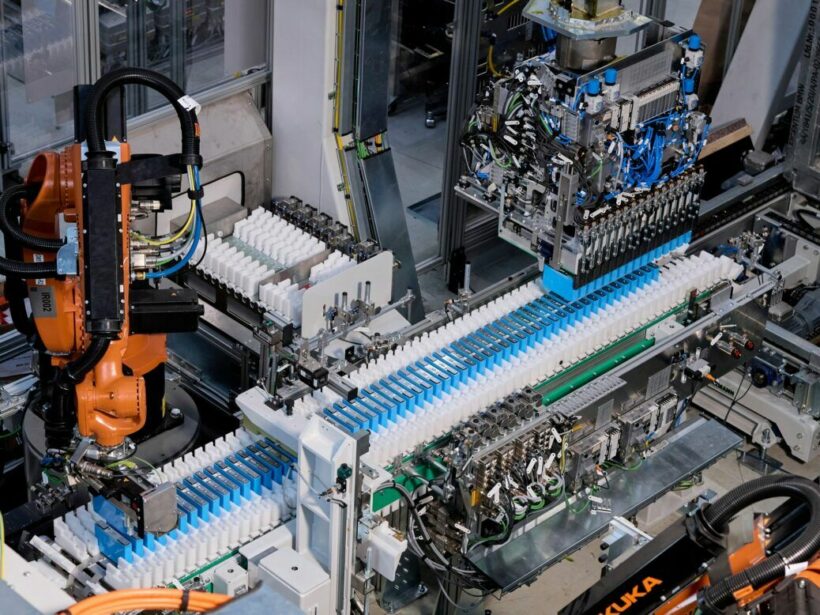Thailand agrees to fund Zinc-ion batteries for electric vehicles

A Thai tech executive director says Thailand’s government has agreed to fund 192 billion baht to asset finding for the development and production of zinc-ion batteries for electric vehicles. The executive director of the National Science and Technology Development Agency says the funding will go to the agency for the project. The Thai government has swung their full support around the manufacture of components for, and full production of, electric vehicles in Thailand, aka. EVs.
A zinc-ion battery or Zn-ion battery uses zinc ions (Zn2+) as the charge carriers. Specifically, ZIBs utilise Zn as the anode, Zn-intercalating materials as the cathode, and a Zn-containing electrolyte. The term zinc-ion battery is reserved for rechargeable batteries, also referred to as rechargeable zinc metal batteries. Thus, ZIBs are different than non-rechargeable batteries which use zinc, such as alkaline or zinc-carbon batteries – Wikipedia
The executive director, Janekrishna Kanatharana, suggested zinc-ion batteries are safer and more stable than lithium-ion batteries. Zinc-ion batteries are also 90% recyclable, and can also be used in energy storage systems and equipment which requires high safety. The NSTDA says this includes vehicles, residences, backup power systems, electric grid systems and military and security purposes. Janekrishna told the Bangkok Post…
“It is considered more appropriate for Thailand to manufacture and promote zinc-ion batteries rather than those based on lithium which we have to import.”
There are now plans for a zinc-ion battery plant, which the 192 billion baht from the government will fund. Janekrishna said that in addition to the government, some private companies are also interested in investing in the batteries.
Right now, the most common type of energy storage technology is the lithium-ion battery. While this type of technology has good capacity, there are some downsides to it. These include potential liquid electrolyte flammability, long term environmental impacts and limited resources.
Due to their flammability, lithium-ion batteries have caused ongoing safety concerns making some high-profile appearances in the media. In 2019, a lithium-ion battery caused the fire to break out on the COSCO Pacific, a vessel in the Arabian Sea. Last year, a battery at a facility in Arizona exploded, injuring four firefighters.
SOURCE: Just Auto | Bangkok Post | Ion Energy
Latest Thailand News
Follow The Thaiger on Google News:


























